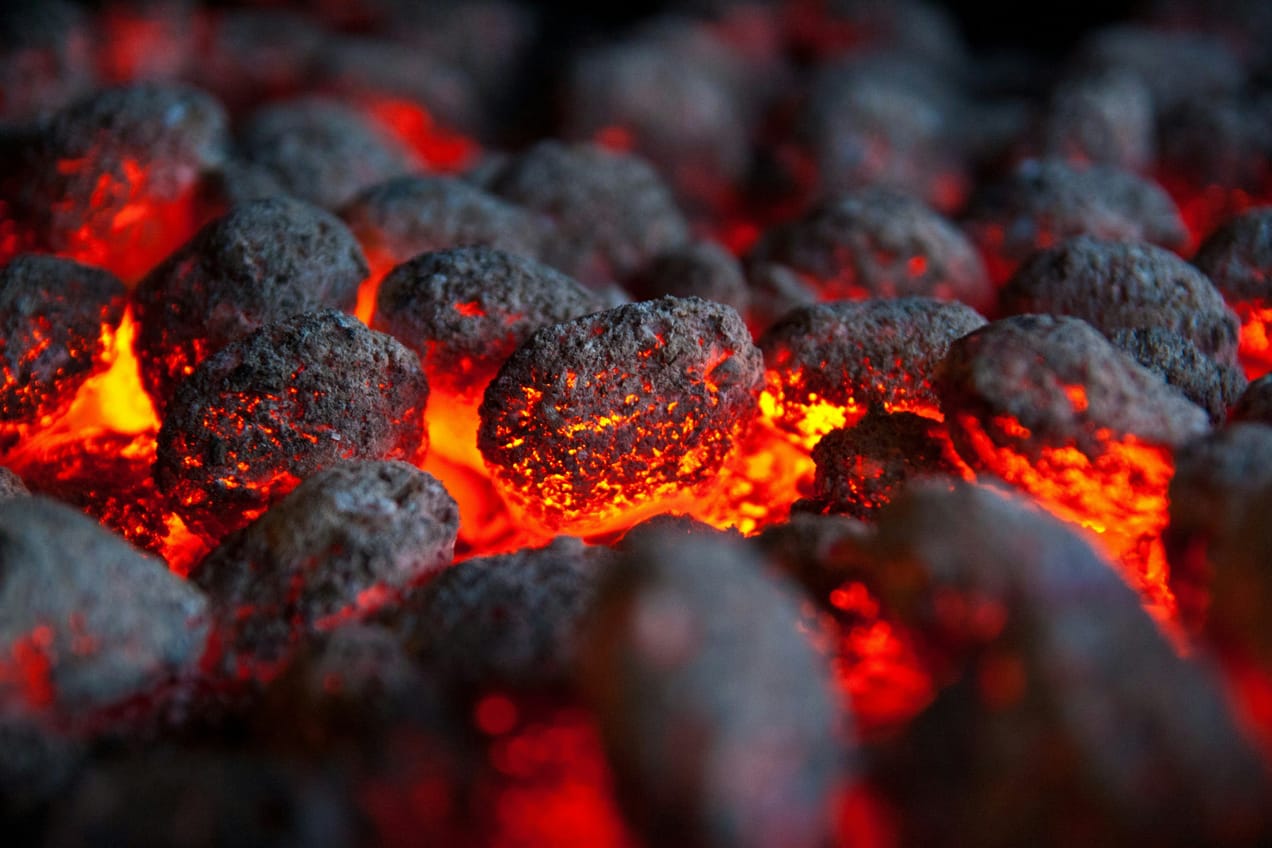Thematic Thoughts
Real world sustainability linked changes and what they might mean for companies and investors
Deforestation and zoonotic diseases
Forests are a significant ecological and economic resource that sequester carbon and provide habitat for wildlife and livelihoods for communities. A number of activities cause deforestation including the clearing of forests for commercial crop cultivation (e.g. soybean, palm oil, and wheat) and for livestock grazing especially in tropical regions
China to end new coal power additions before 2030?
Are we near peak coal in China? We frequently hear that 'it's pointless trying to cut carbon emissions in the West, when other countries continue to build new coal fired power stations'. And the country that gets the most attention is China. But what if this
Where we end up with battery technology matters.
does battery technology matter, and are we worrying about the wrong raw material issues?
How important are public chargers?
If cheaper EVs start to become the norm soon, will the absence of fast public EV chargers hold back adoption? Sadly yes.
EV sales growing - but where this is happening matters
Will this be the decade of cheaper Chinese EV's as they push into the mass market?
Can we have better meat?
What is better meat ? There is a lot of discussion about how we need to eat less meat, for all sorts of reasons, not just climate change. But, another part of the solution is eating 'better meat'.
The hidden influence of viruses on climate change
We know that climate change can impact the spread of viruses and disease. But, have we thought enough about how viruses can impact climate change? How? Through methane production. And we all know that methane is a powerful GHG.
If we cannot connect new renewables to the grid ...
New renewable electricity generation is only useful if it's actually connected to the grid. Without that 'simple action' none of us can use the electricity.
Deforestation - promises promises promises
Most people agree we need to halt and then reverse deforestation. This has been reflected in all sorts of pledges and commitments, the most high profile probably being from COP26 in 2021, where governments and companies promised to halt and reverse forest loss and land degradation by 2030. That all
Heating and the importance of systems thinking.
The Heat Pump Summit took place at the Blavatnik School of Government, University of Oxford on 10th April. Despite a long history of heat pump innovation and usage - the first large scale heat pump in the UK was in operation in 1945 in Norwich - household installed heat pumps
KlimaSeniorinnen, the Great Indian Bustard and Insurance.
A number of judgments were handed down last week that could have important implications for insurance, investing and project viability. The European Court of Human Rights ruled that Switzerland violated citizens' human rights by not doing enough to combat climate change. The court sided with over 2,000 Swiss
The allure of consensus
We all know that building consensus is the best way to drive change - but is it really? What if the consensus building approach is not the best way after all? Are there some cases where having a narrower but stronger support base is better? And what read across might











